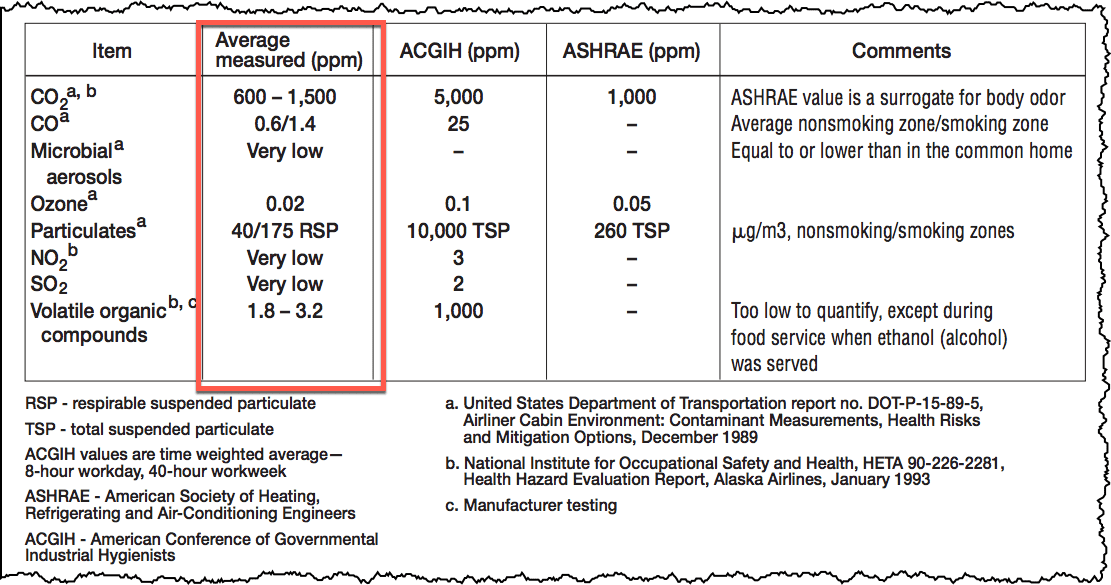dfspcc20
Member
- Joined
- Dec 9, 2015
- Messages
- 633
https://ehjournal.biomedcentral.com/articles/10.1186/s12940-018-0396-8
I know several people here, including Peat himself, have expressed reservations (pun intended) about flying.
I'd like to see the genetic determinists explain this one.
Interesting that melanoma and other skin cancers had higher risk, despite no evidence of additional sun exposure.
I didn't see it mentioned, but I wonder if the poor-quality airplane food plays a role. Do flight attendants usually eat what's provided on long-haul flights, or bring their own food?
I know several people here, including Peat himself, have expressed reservations (pun intended) about flying.
I'd like to see the genetic determinists explain this one.
Interesting that melanoma and other skin cancers had higher risk, despite no evidence of additional sun exposure.
I didn't see it mentioned, but I wonder if the poor-quality airplane food plays a role. Do flight attendants usually eat what's provided on long-haul flights, or bring their own food?

